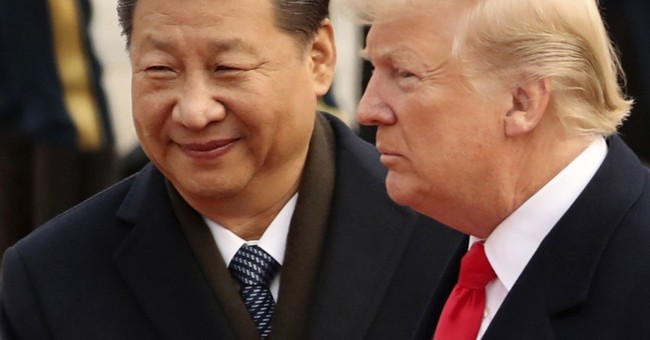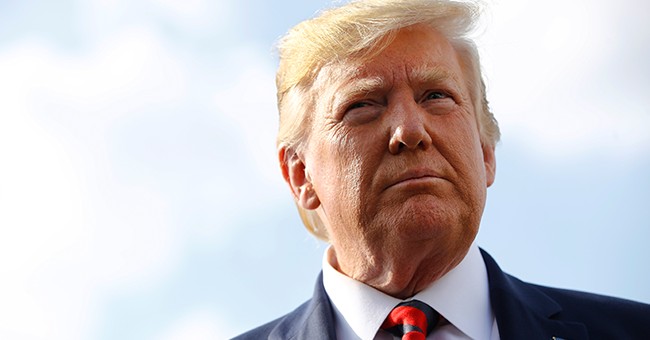Young people drove Bernie Sanders' campaign and near upset of the establishment Hillary Clinton in the latest election to the surprise of many.
An old saying goes, “If you’re not a socialist when you’re young you have no heart; if you’re still a socialist when you’re older you have no brain.”
Socialism comes naturally to humanity. Hayek thought that family life was partly to blame. Good moms and dads take care of the children, provide food and security, and distribute those equally among the children. Children get very upset when they think one sibling receives more of anything than the rest or enjoys special treatment.
Then we leave the safety of the home. venture into a more public sphere in school and we carry our family morality with us. We think school should function like a larger family with the teachers and principal substituting for mom and dad and it does that the most part. Eventually we get a job, but we still view the larger society and politics through the glasses of our family morality. The political elite, especially the President, becomes the “father” of the nation who should make certain that the benefits of his regime are evenly distributed and no one gets special treatment.
Hayek points out that the danger of such thinking lies in the fact that in the family we know everyone well. Even in larger groupings, such as school or a tribe, we are still familiar with most people and know their circumstances. But a nation is so large that citizens know only a tiny portion of the population and are dealing with strangers much of the time, especially in business. Transactions with strangers who don’t have your welfare in mind as mom and dad did require different rules of engagement. Treating family members as if they were strangers would destroy families just as using family values in dealing with strangers will destroy society.










